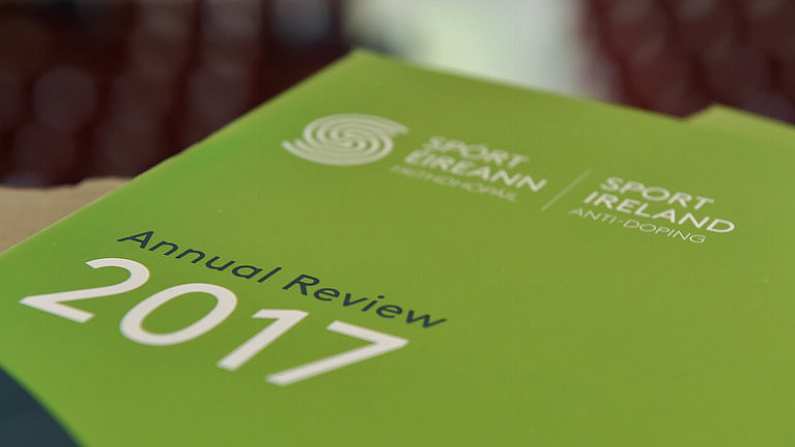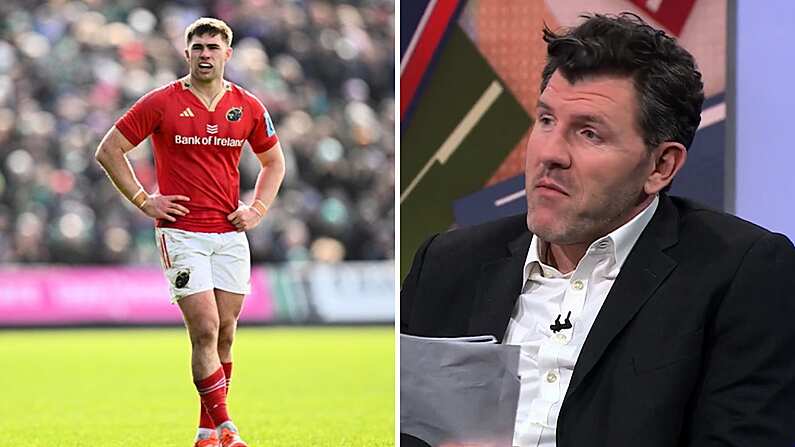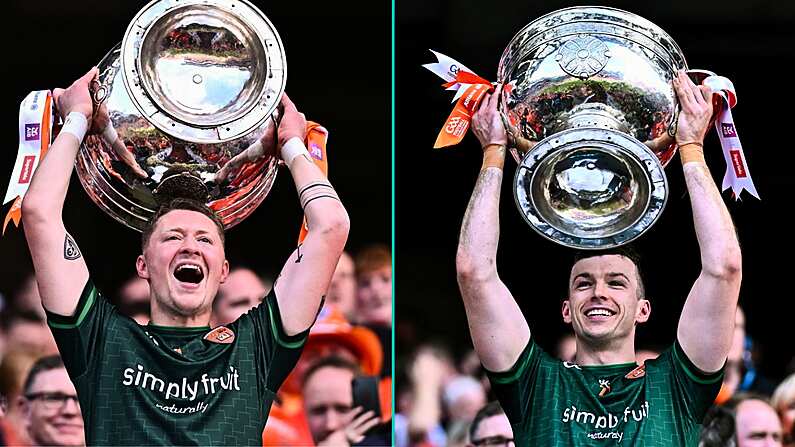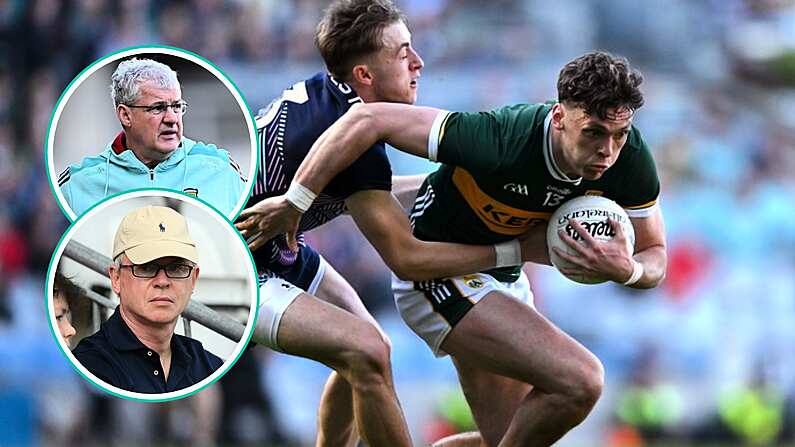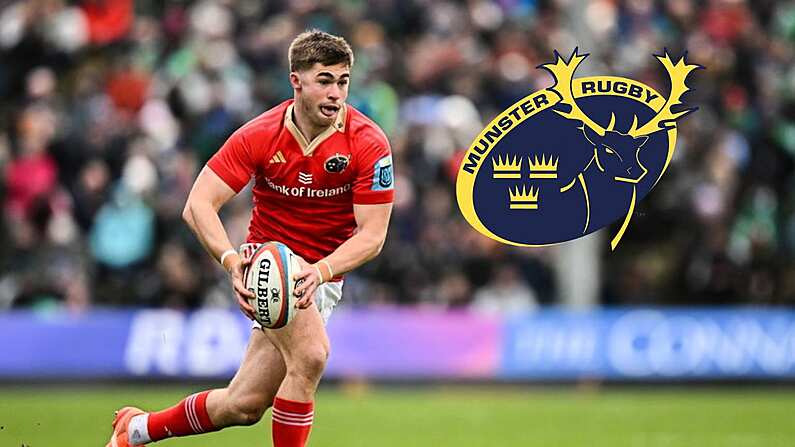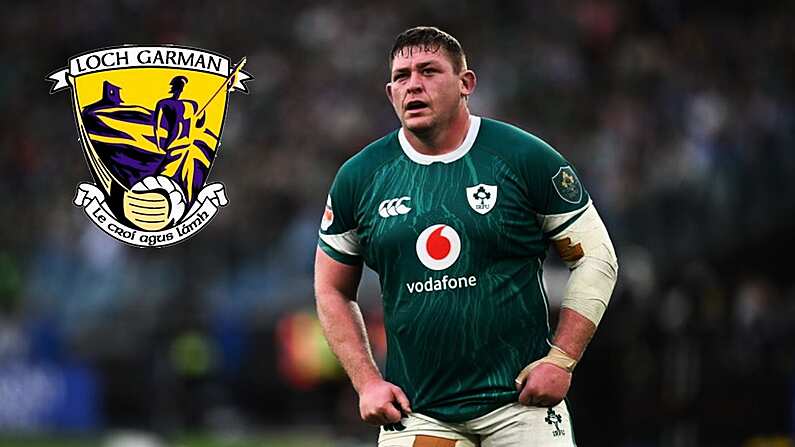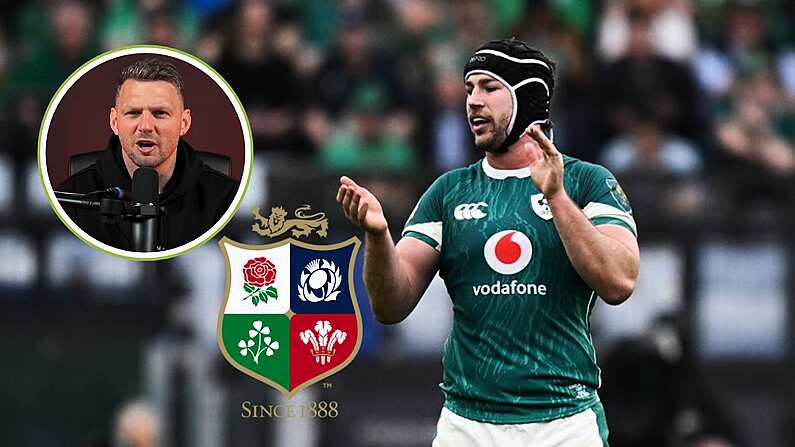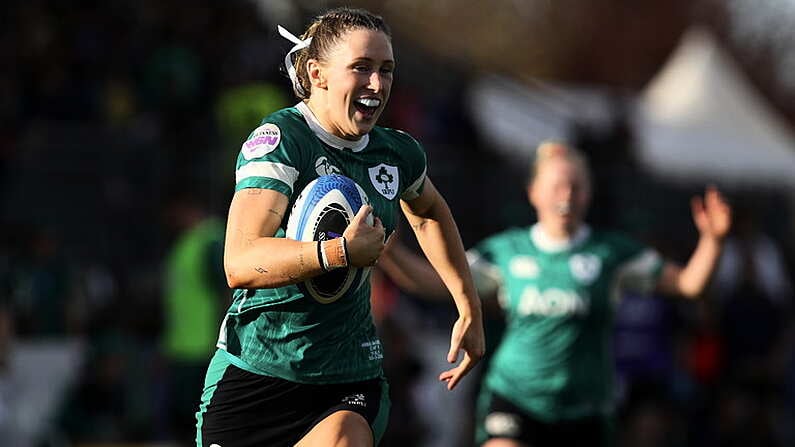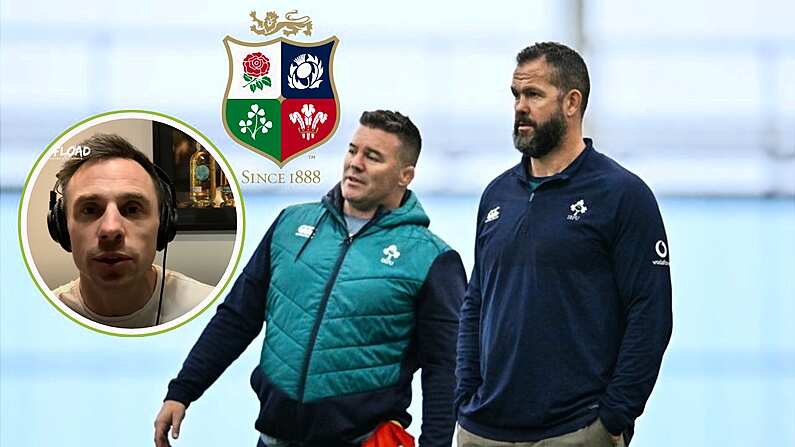Sport Ireland today confirmed that rugby and athletics had the most approved applications for Therapeutic Use Exemptions in Irish sport in 2017.
The body approved the use of 27 TUEs in 2017, with rugby and athletics receiving six each. The next-highest was shooting, with three. Cycling and rowing had two successful applications, while there was one application approved in Gaelic football and soccer respectively.
There were 81 TUE applications overall last year, a 14% increase on 2016. Many of these were for substances no longer on WADA's banned list, meaning that only 32 applications were valid. Of these 32, five were deemed incomplete.
These figures do not include any applications potentially made by elite Irish athletes who are part of an international body's testing programme, like the IAAF or UEFA. Athletes in these international testing pools must apply to the respective governing bodies for TUEs. World Rugby, by contrast, recognises the Sport Ireland programme and therefore Sport Ireland rule on all TUE applications in rugby.
The number of approved TUE applications has fallen from 40 in 2016, and Dr. Una May, Sport Ireland's Director of Participation & Ethics attributed this decline in Sport Ireland's rigorous approval process.
Speaking to Balls, Dr. May does not believe that rugby players are unethically violating the rules governing TUEs for the benefit of their own performance. "When we are only getting six [applications] I don’t think that’s an issue".
On a wider note regarding triamcinolone, the asthma medication that an English parliamentary select committee this week decreed that Bradley Wiggins had used unethically, Dr. May confirmed that Sport Ireland do not permit its use.
Around asthma medicine and triamcinolone we have issued medical advisory notes to the sports and medical communities to state that we do not approve of their use to treat allergies and the HPRA [Health Products Regulatory Authority] do not approve either. We have stood by that, and twice over recent years we have issued warnings on this.
Elsewhere, Sport Ireland carried out a total of 989 tests in 2017, which yielded a single positive result. That case is still pending, and Sport Ireland refused to confirm any details on that case other than it occurred in the latter half of last year.
Sport Ireland also conducted an additional 315 ‘user pays’ tests on behalf of ten national and international organisations, an increase of 15% on 2016.
The highest number of tests were carried out in cycling (189), athletics (188) and rugby (145). There were 126 tests in GAA, and 53 in soccer.
The number of tests in rugby has risen sharply from last year (there were 113 tests in rugby in 2016) to which Sport Ireland attributes to a reallocation of resources in the aftermath of an Olympic year.
These figures are broken down into in-competition, out of competition and blood testing. Sport Ireland confirmed to Balls that blood testing is prioritised in the sports that are deemed to be at the highest risk. Blood testing accounted for 45% of all testing in athletics, boxing, canoeing. The next highest proportion comes in cycling (42%) and then rugby, with 38%.
15% of all tests in GAA were blood tests, while there were no blood testing of soccer players in 2017.
CEO John Treacy was asked if a single failed test out of almost a thousand is representative of the doping landscape in Ireland.
I can't guarantee that there won't be three of four positive tests next year. The anti-doping budget has increased in terms of anti-doping, from €1.1 million to €1.7 million. Anti-Doping is a deterrent. While you might not have positive cases, the education is very important. We do our job as rigorously as we possibly can, and if we get a tip off we follow up on it. It’s as simple as that. Most people in Ireland will say the system is rigorous.
While satisfied with the Irish programme, Treacy was extremely critical of the international anti-doping system, hitting out at the "fake news" propagated by the International Olympic Committee regarding Russia.
The international scene is at a critical state. We are all aware of what has happened around Russia. It appeared in December that they were banning them. They didn’t ban them.
As we called it this morning, it was fake news in December. The IOC is saying that there is one rule for one country and another rule for the rest of the world. We are at a critical juncture in anti-doping.
International anti-doping is every country doing their utmost. It is not 99 countries doing their utmost and one doing nothing. It’s at a critical point now. We have always advocated for the IOC not to be involved in anti-doping, and the point that I want to make here is that never has the importance of this separation of powers been underlined as much as it has in the events of the last couple of weeks.

